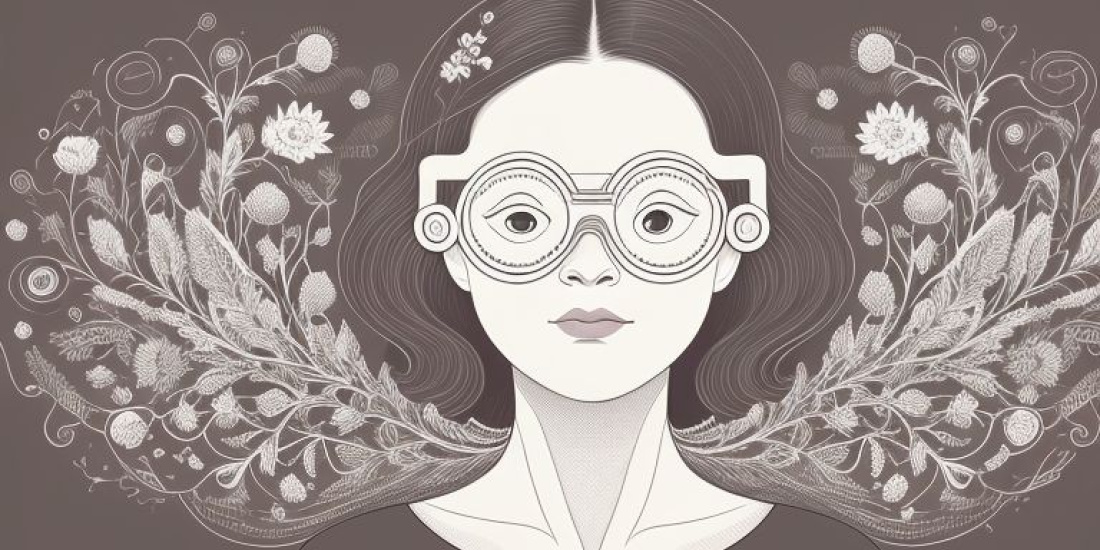The Internet has a number of hurdles to offer that make inclusive coexistence difficult. Here is a small selection of those that are among the most annoying.
Incorrect language markup
Speech markup causes screen readers to be able to read out content in an appropriate voice, that is, a voice that sounds accent-free or native. For example, the word refrain is pronounced correctly if it is marked with the lang=fr attribute. If this is disregarded, it sounds something like giving an elementary school student something foreign to read aloud. An example of this is the following video, in which a German text is tagged with an English language tag, causing the content to become unintelligible.

